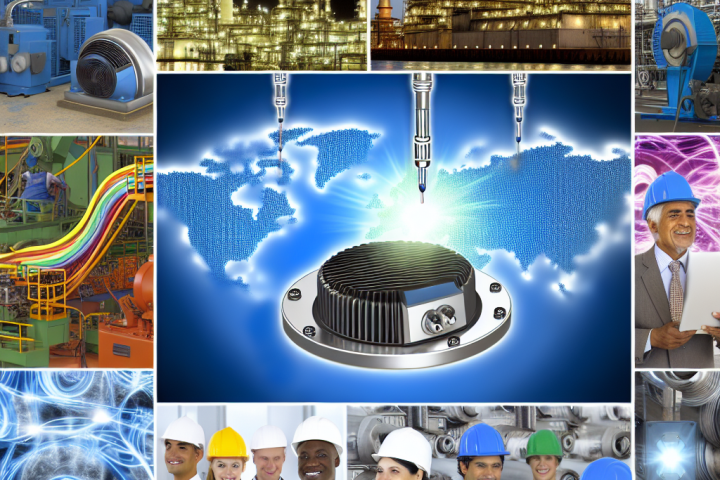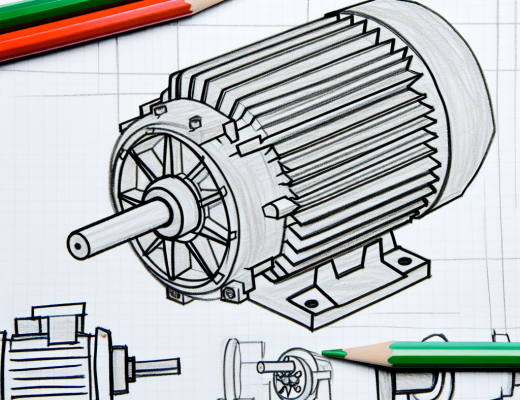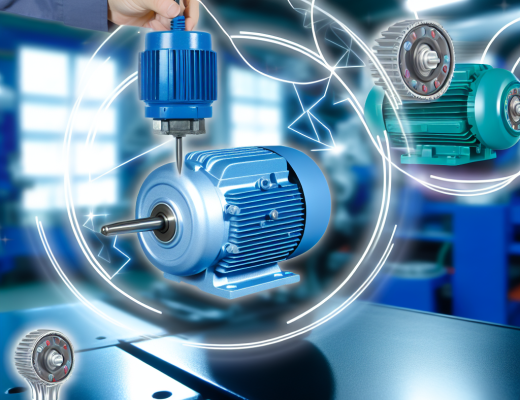The industrial sector is continually evolving, introducing more sophisticated technologies to enhance operational efficiencies. One such breakthrough technology is the integration of Frequency converters in various machines and processes. These devices play a crucial role in optimizing the electrical power control, allowing industries to achieve greater precision and energy management.
The Impact of Frequency Converters on Industry
Frequency converters are critical for any application that requires variable motor speed control. By adjusting the frequency of the power supplied to motors, these devices can precisely control the speed of electric motors used in a myriad of industrial applications, from pumping systems to conveyor belts. The ability to control motor speed not only optimizes the industrial processes but also significantly reduces energy consumption, leading to cost savings and reduced environmental impact.
Moreover, the use of frequency converters enhances the longevity and efficiency of machinery. By allowing motors to run only at needed speeds, wear and tear on equipment is markedly decreased. This not only leads to lower maintenance costs but also extends the operational life of the equipment. With such advantages, frequency converters, available from companies like VYBO Electric, are becoming an indispensable part of modern industrial setups.
In conclusion, as industries aim to balance productivity with sustainability, the role of frequency converters becomes increasingly significant. These devices not only provide precise control over machine operations but also contribute to substantial energy savings and operational cost reductions. As the demand for more efficient and environment-friendly technologies grows, frequency converters stand out as a key component in the industrial automation sector, promising a future where efficiency and sustainability go hand in hand.




